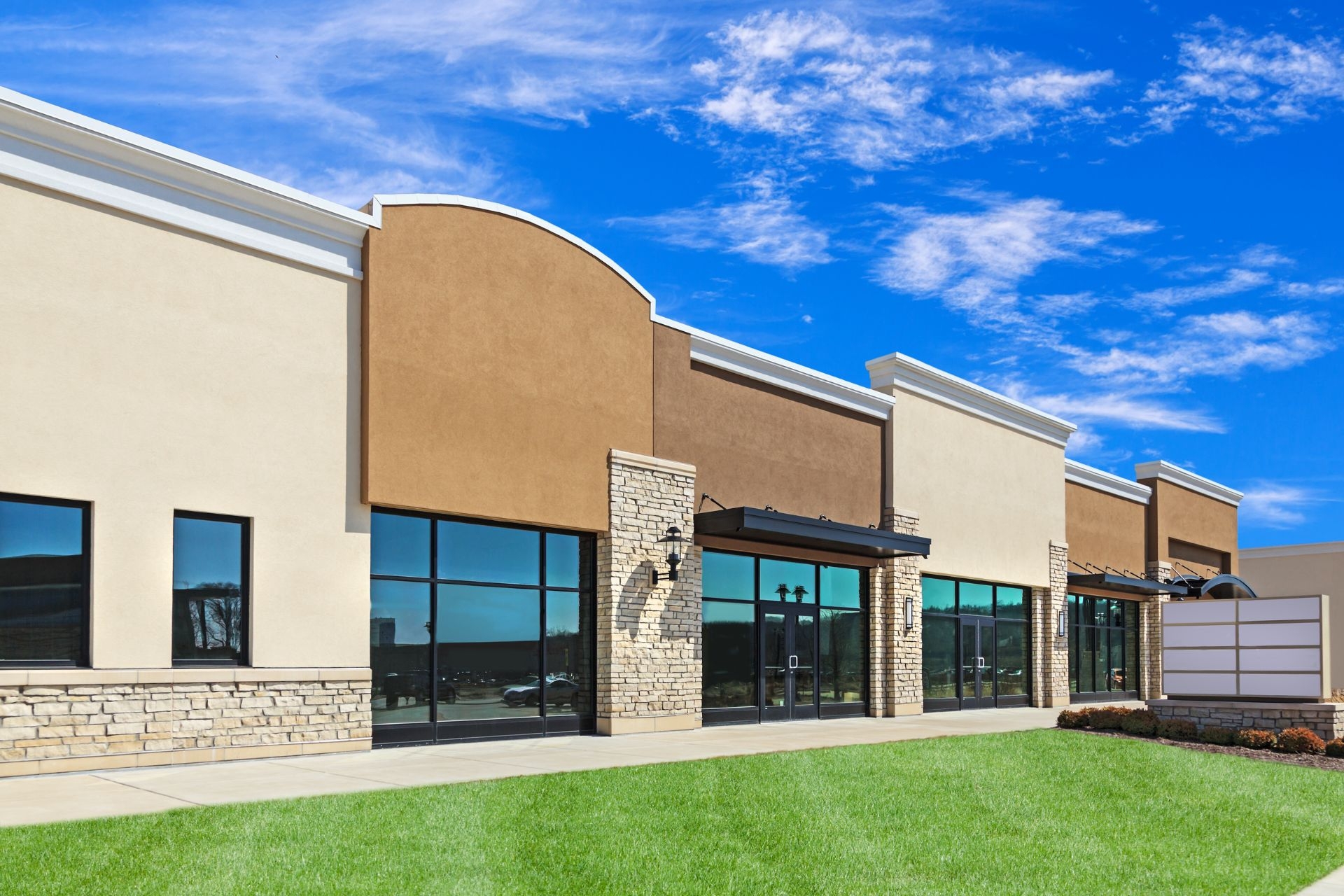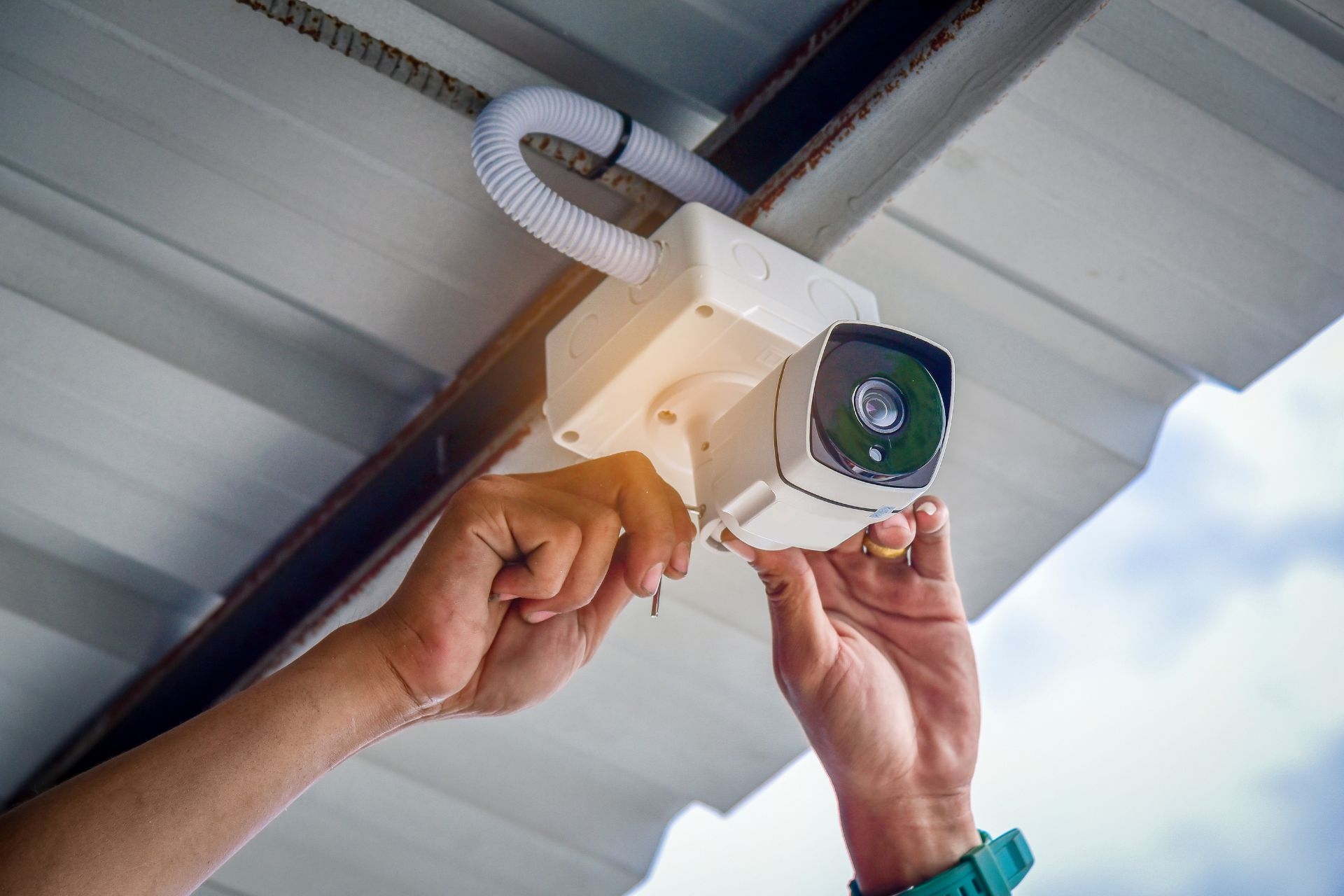

The compliance requirements for the storage of CCTV data vary depending on the jurisdiction and industry. In general, organizations are required to securely store CCTV data to prevent unauthorized access, tampering, or deletion. This may include implementing access controls, encryption, and regular data backups to ensure the integrity and availability of the footage.
The length of time that CCTV data should be stored to comply with regulations also varies by jurisdiction and industry. In some cases, there are specific retention periods outlined in data protection laws or industry standards. For example, in the healthcare sector, HIPAA requires healthcare organizations to retain CCTV footage for a minimum of 6 years. It's important for organizations to be aware of and adhere to these retention periods to avoid non-compliance.
Falco, the open-source, cloud-native, runtime security tool, recently graduated from the Cloud Native Computing Foundation’s incubation program. That means it’s considered stable and ready for use in production environments, including Azure. It joins many of the key components of a cloud-native platform including Helm, Envoy, etcd, KEDA, and Cloud Events.I recently had a conversation with Loris Degioanni, the CTO and founder of cloud-native security company Sysdig and the creator of Falco, about the philosophy behind the project and how it’s being used across Kubernetes applications.To read this article in full, please click here
Posted by on 2024-03-15
Low-code development platform provider OutSystems has released AI Agent Builder, a no-code tool for building custom generative AI agents using large language models (LLMs) from Azure OpenAI or Amazon Bedrock.To read this article in full, please click here
Posted by on 2024-03-13
PostgreSQL pioneer Mike Stonebraker and Spark creator Matei Zaharia, along with other computer scientists at MIT and Stanford have come up with a new database-oriented operating system (DBOS) to help development of greenfield web applications.They have set up a company, DBOS Inc., to make the OS available to developers.Its first product, DBOS Cloud, launched Tuesday, is a transactional serverless application platform, also sometimes defined as functions-as-a-service (FaaS). It is offered via Amazon Web Services (AWS) using the open-source virtual machine monitoring service Firecracker and is powered by the DBOS operating system.To read this article in full, please click here
Posted by on 2024-03-12
This Axios article states what we already know: The responses coming from many generative AI (genAI) systems are misleading, not what the users asked for, or just plain wrong. The public issue is that Microsoft software engineering lead Shane Jones sent letters to FTC chair Lina Khan and Microsoft’s board of directors on March 6 saying that Microsoft’s AI image generator created violent and sexual images and used copyrighted images when given specific prompts.To read this article in full, please click here
Posted by on 2024-03-12
Last week MongoDB CEO Dev Ittycheria likened present-day AI to the “dial-up phase of the internet era.” He’s not wrong. I recently suggested we’re in the “awkward toddler phase” of generative AI (genAI). It’s full of excitement (“her first step!”), but straightforward tasks are clumsy, like basic math. Yet in some areas, the future of generative AI is happening right now. One area is coding assistants such as Amazon CodeWhisperer.To read this article in full, please click here
Posted by on 2024-03-12
Specific security measures need to be implemented for the storage of CCTV data to ensure its protection. This may include using secure storage solutions, such as encrypted hard drives or cloud storage with strong access controls. Additionally, organizations should consider implementing measures to prevent unauthorized access to the data, such as multi-factor authentication and regular security audits.

There may be restrictions on the location or accessibility of CCTV data storage, particularly in industries where sensitive information is being captured. For example, in the finance sector, there may be requirements to store CCTV data within the country's borders to comply with data sovereignty laws. Additionally, access to the data should be restricted to authorized personnel only, with clear policies and procedures in place for accessing and managing the footage.
Legal obligations for notifying individuals about the storage of their CCTV data also vary by jurisdiction. In some regions, organizations are required to post signage indicating the use of CCTV cameras and the purpose of the data collection. Additionally, individuals may have the right to request access to their own footage and be informed about how their data is being used and stored.

Data protection requirements for the storage of CCTV data often align with general data protection laws, such as the GDPR in the European Union. This may include ensuring the lawful basis for processing the data, obtaining consent when necessary, and implementing measures to protect the rights of the individuals captured in the footage, such as the right to erasure or rectification.
Industry-specific compliance requirements for the storage of CCTV data can be particularly stringent in sectors such as healthcare and finance. For example, in healthcare, organizations must comply with HIPAA regulations, which include specific requirements for the storage and protection of CCTV data. Similarly, in the finance sector, organizations must adhere to regulations such as the Sarbanes-Oxley Act and the Payment Card Industry Data Security Standard (PCI DSS), which have specific requirements for data storage and security. It's important for organizations to be aware of and comply with these industry-specific regulations to avoid potential legal and financial consequences.
